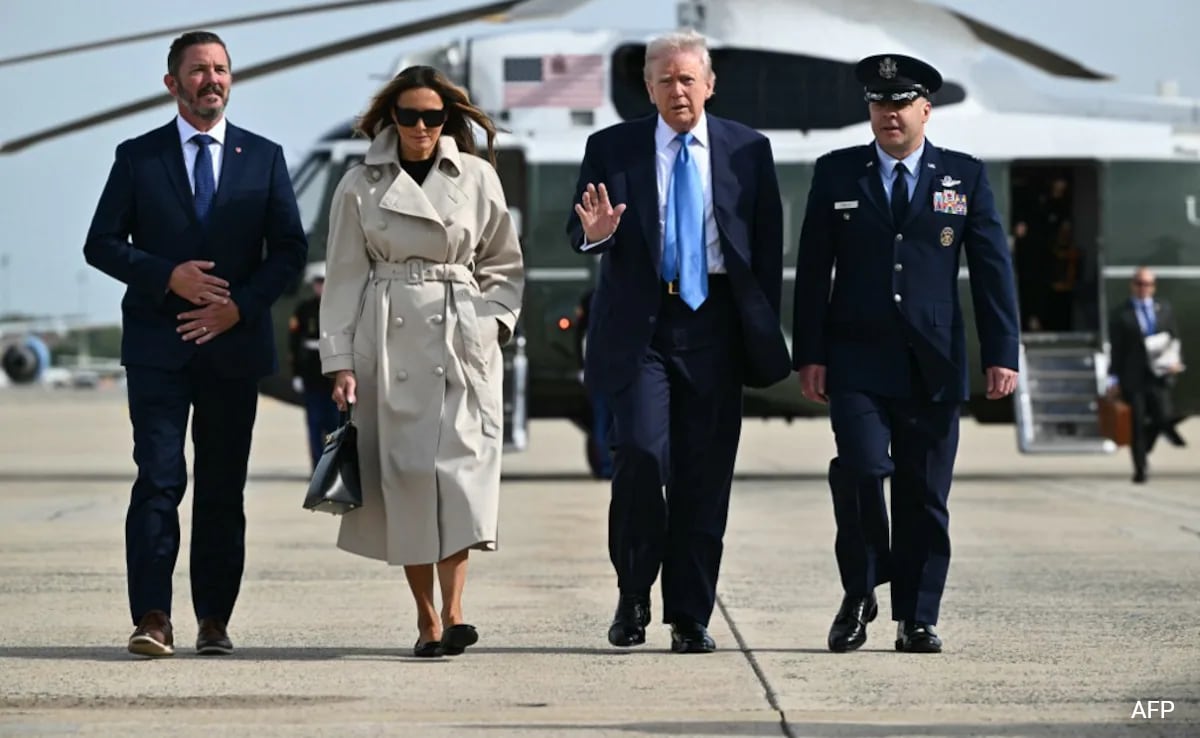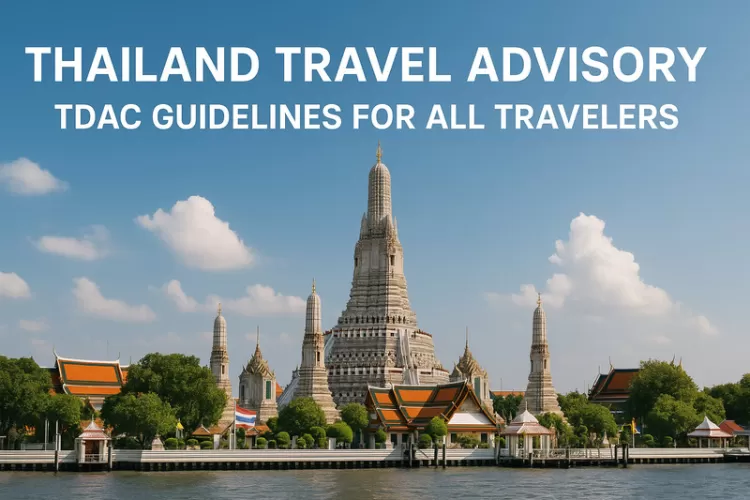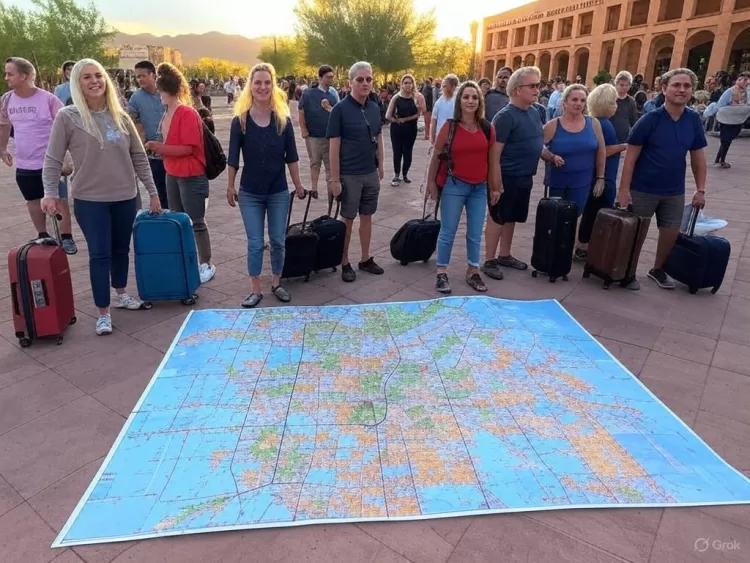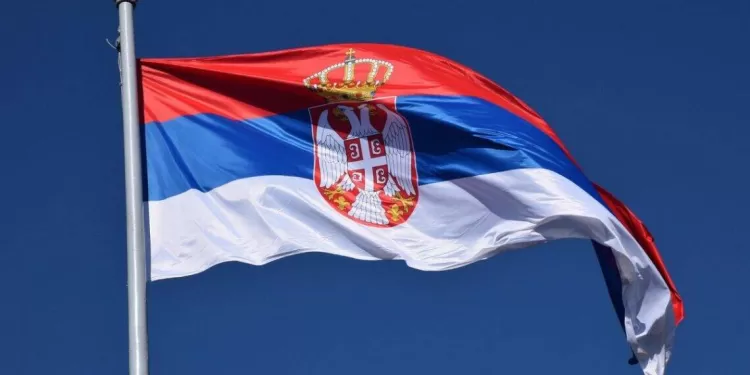Father, benefactor, god: In Assam region, reverence goes alongside conflict with elephants

Join our WhatsApp Community to receive travel deals, free stays, and special offers!
- Join Now -
Join our WhatsApp Community to receive travel deals, free stays, and special offers!
- Join Now -

Human-elephant conflict is a recurring issue in the northeastern state of Assam. Among the worst-affected regions in the state is the Dhanshiri Wildlife Division in Udalguri district, where, among those impacted in this human animal conflict situation, are the indigenous Adivasi/Tea Tribe people living in Udalguri. According to data presented by the Assam government in the state assembly, from 2010 to 2019, 62 elephants and 155 people died in human elephant conflict, specifically in the district’s Dhanshiri Wildlife Division.
To understand the nuanced situation better, researchers Sayan Banerjee, Dibakar Nayak and Anindya Saha conducted ethnographic fieldwork in the Udalguri district among the Adivasi/Tree Tribe (A/TT) community to examine their interactions with wild elephants. Their paper Adivasi (Tea Tribe) worldviews of living close to wild Asian elephants in Assam, India published in the journal Conservation Biology, notes that “through socioecological ruptures, caused by displacement and deforestation, Adivasi (Tea Tribe) and elephant lives have intersected through space and time.”
Mitigation action so far has treated human elephant conflict as a technical problem, says the paper, noting that empathy for the elephant, expressed by the local tribal communities, highlights ways of living with elephants that are “affective and reach beyond technocentric interventions”.
The study was conducted in a landscape mosaic of tea estates of...
What's Your Reaction?
 Like
0
Like
0
 Dislike
0
Dislike
0
 Love
0
Love
0
 Funny
0
Funny
0
 Angry
0
Angry
0
 Sad
0
Sad
0
 Wow
0
Wow
0
























































